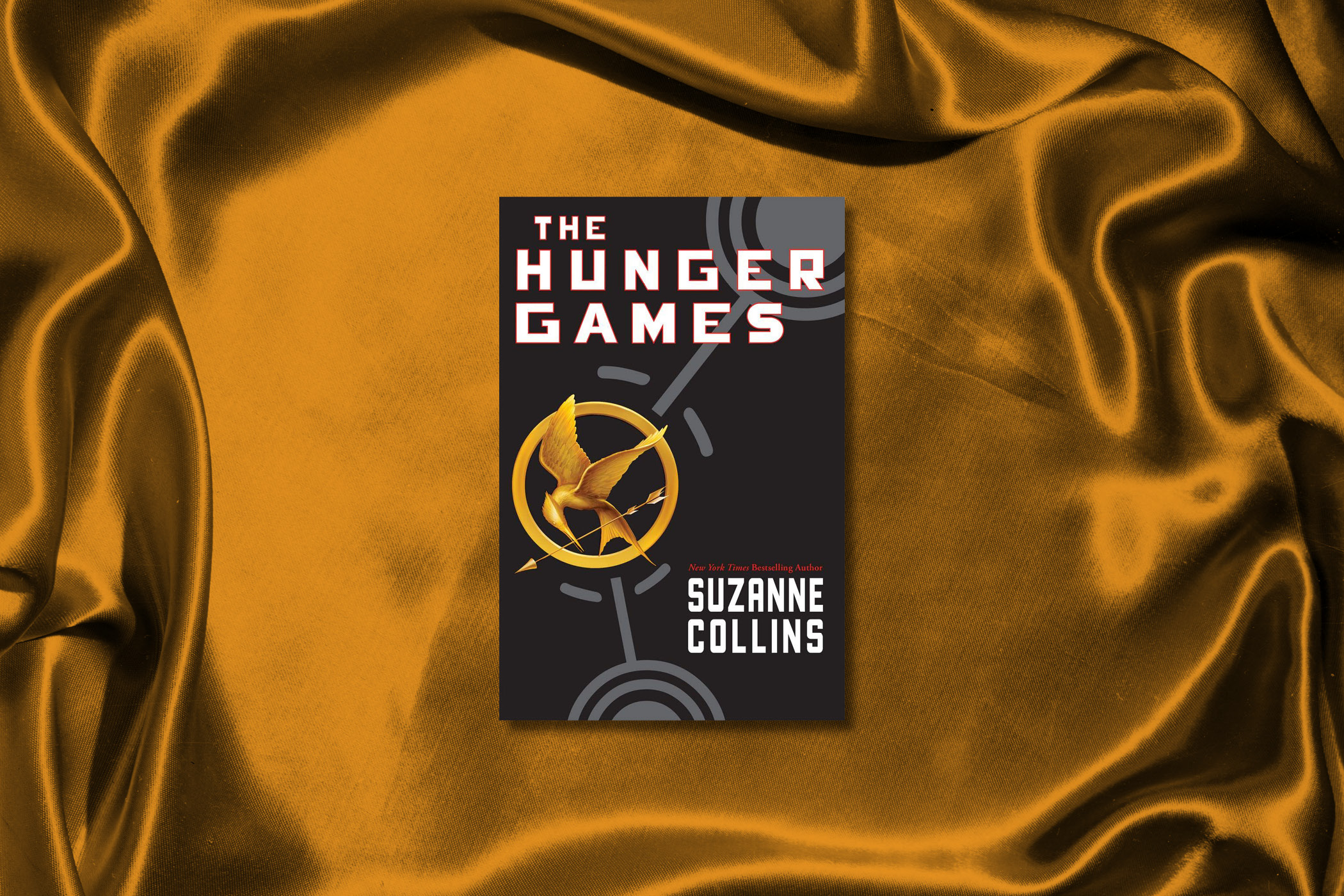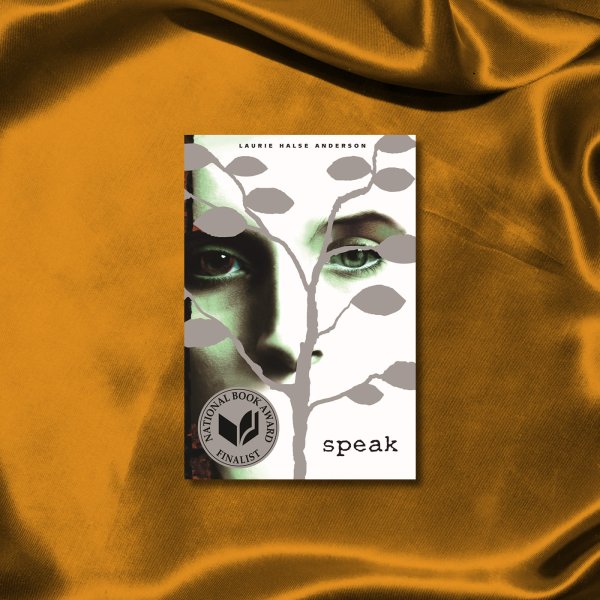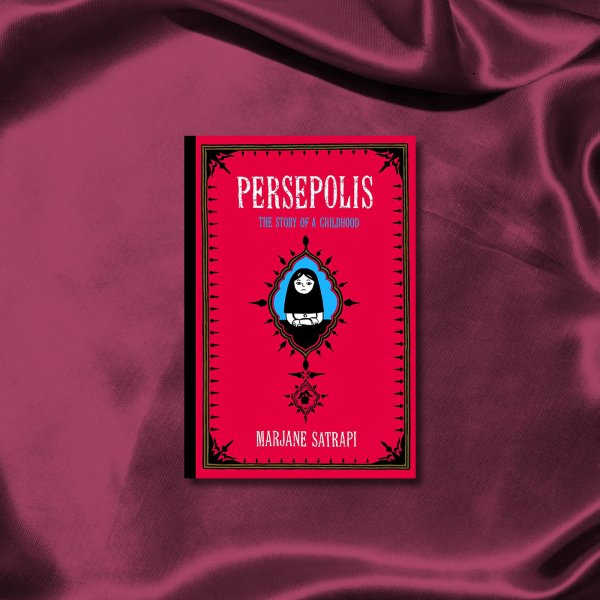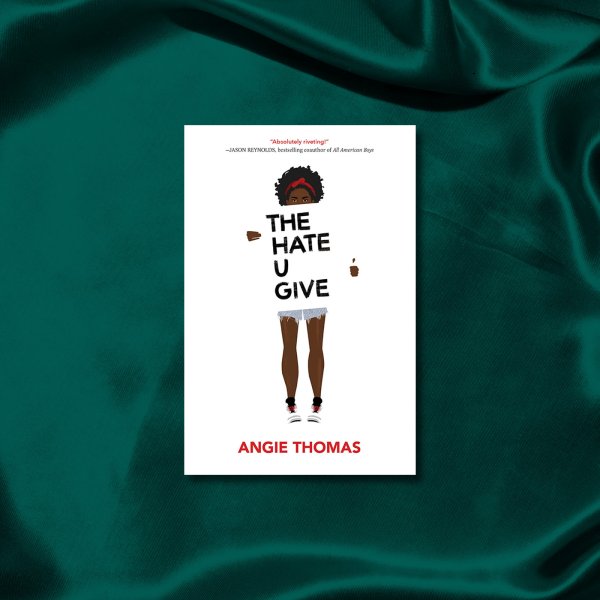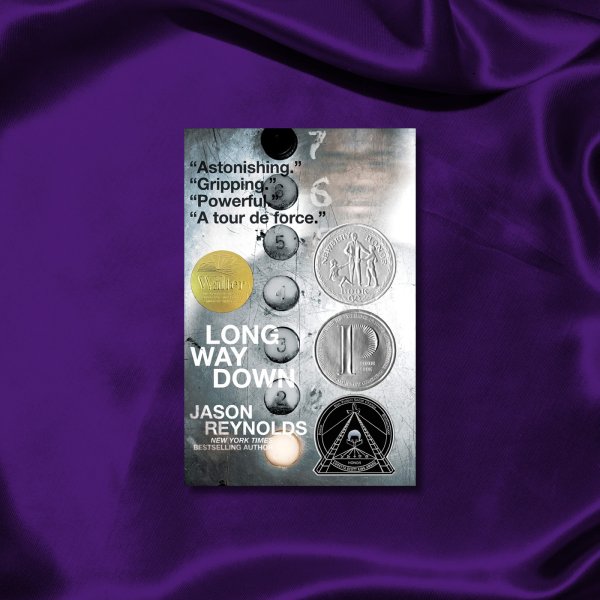The mid-2000s was a dark era for teen-girl lit. The Twilight Saga created a vogue for swoony, regressive, supernatural romance novels like Marked and Blue Bloods. Feminist parents and teachers breathed sighs of relief when, in 2008—the same year that Stephenie Meyer concluded her vampire tetralogy—Suzanne Collins introduced the world to Katniss Everdeen. An eagle-eyed archer with an equally keen moral compass, this heroine of The Hunger Games’ YA dystopia volunteers to take the place of her little sister in their society’s eponymous annual competition, which pits randomly selected teenagers against one another in a televised death match for the entertainment of a debauched ruling class. But the book, which Collins expanded into a trilogy that was soon adapted into big-screen blockbusters, wasn’t just a vehicle for a Strong Female Character (TM). Drawing on tales of youthful carnage from Lord of the Flies to Battle Royale, The Hunger Games and its sequels translated a surprisingly sophisticated critique of economic inequality, political power and violence as spectacle into terms young people could understand. As socially conscious Gen Z comes of age, the series may prove to have influenced them every bit as profoundly as Harry Potter did millennials. —Judy Berman
Buy Now: The Hunger Games on Bookshop | Amazon
- Cybersecurity Experts Are Sounding the Alarm on DOGE
- Meet the 2025 Women of the Year
- The Harsh Truth About Disability Inclusion
- Why Do More Young Adults Have Cancer?
- Colman Domingo Leads With Radical Love
- How to Get Better at Doing Things Alone
- Michelle Zauner Stares Down the Darkness
